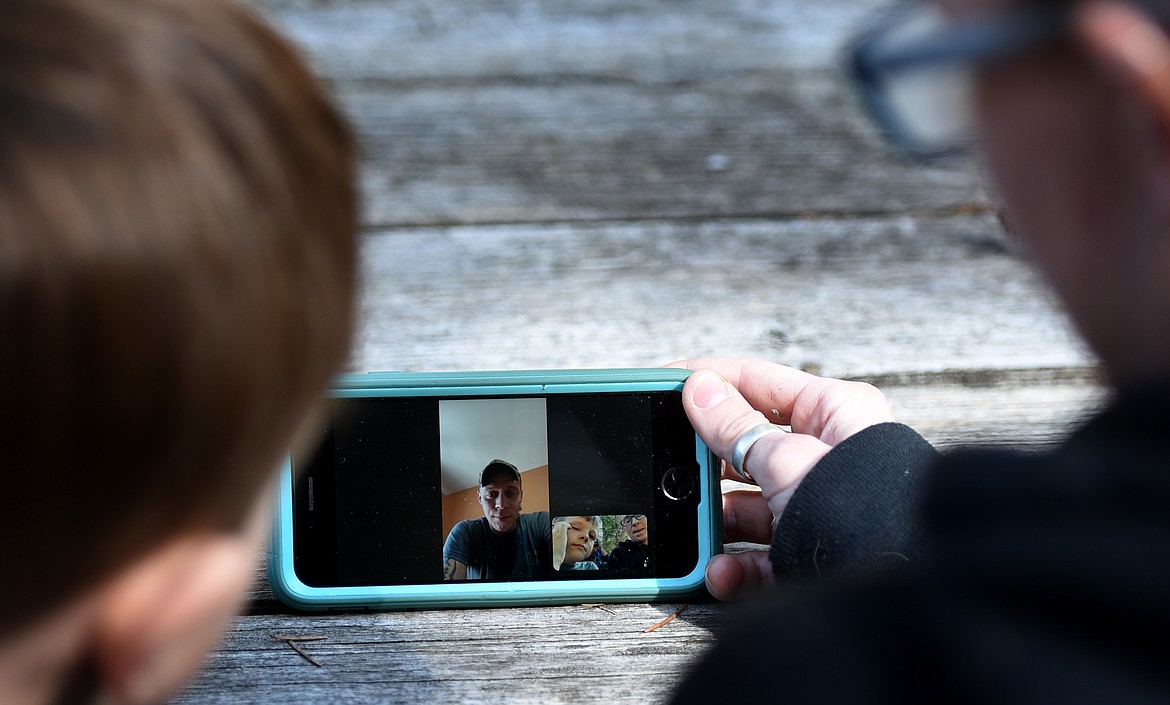Despite Canadian easing, US extends land border restrictions
The U.S. government on Wednesday extended the closure of the land borders with Canada and Mexico to nonessential travelers until at least Aug. 21.
The announcement by the Department of Homeland Security came two days after the Canadian government announced it would begin letting fully vaccinated U.S. citizens into Canada on Aug. 9, and those from the rest of the world on Sept. 7.
It's unclear how, or if, the U.S. decision will affect the Canadian decision.
People in both the United States and Canada have been pushing for the reopening of the border to resume the flow of visitors and tourist dollars between the two countries.
The U.S. announcement notes that vaccination levels in the United States and Canada have increased and the U.S. Centers for Disease Control and Prevention lowered the COVID-19 risk level in the two countries from "very high" to "high."
"Given the outbreak and continued transmission and spread of COVID-19 within the United States and globally, the Secretary (of Homeland Security Alejandro Mayorkas) has determined that the risk of continued transmission and spread of the virus associated with COVID-19 between the United States and Canada poses an ongoing 'specific threat to human life or national interests,'" the announcement said.
OFFICIALS IN Montana — which shares a 545-mile border with Canada and exported $692 million in goods to the country in 2018 — were quick to criticize the extension of the border closure.
On Twitter, Republican Gov. Greg Gianforte called the decision "ridiculous and out of touch."
U.S. Sen. Steve Daines, also a Republican, again accused Biden of "hypocrisy" by comparing the situation at the northern border to a recent surge of unauthorized crossings and drug trafficking at the U.S. border with Mexico.
"Montana families and our economy rely on the cross-border travel and many families are suffering from this decision to keep our northern border closed," Daines said in a statement.
U.S. Sen. Jon Tester, the only Democrat holding statewide office in Montana, urged the Biden administration to "work with Canadian officials to ease travel restrictions and coordinate the full reopening of the border in a safe, fair and efficient manner.
"This uncoordinated reopening will allow Americans to travel to Canada, but will restrict Canadians — even those who are fully vaccinated — from accessing American businesses, fully restarting trade and seeing family members on the other side of the border," Tester said in a statement. "I am concerned that this will unfairly impact Americans and cause confusion along the United States-Canada border."
Republican Gov. Chris Sununu of New Hampshire, another northern border state, called the extension of the border closure "absurd."
"It harms our small businesses and families, and does not follow the science," Sununu said in a statement. "Canada has announced they will open their borders to fully vaccinated Americans, and it's time the United States follows suit."
AT THE beginning of the pandemic in March 2020 both the U.S. and Canadian governments restricted nonessential travel by land between the two countries on the more than 5,500-mile (8,800-kilometer) border, although Canadians have been able to fly into the United States with a negative COVID-19 test. Until the Canadian decision on Monday, the two governments extended the closure every month.
Homeland Security posted a separate announcement Monday restricting entry on the Mexican border. On the southern border U.S. citizens and legal permanent residents have been going back and forth with ease.
Cross-border trade between the United States and Canada has not been affected by the closure.
The U.S. Travel Association estimates that each month the border is closed costs $1.5 billion. Canadian officials say Canada had about 22 million foreign visitors in 2019 — about 15 million of them from the United States.
Daily Inter Lake assistant editor Chad Sokol contributed to this report.


